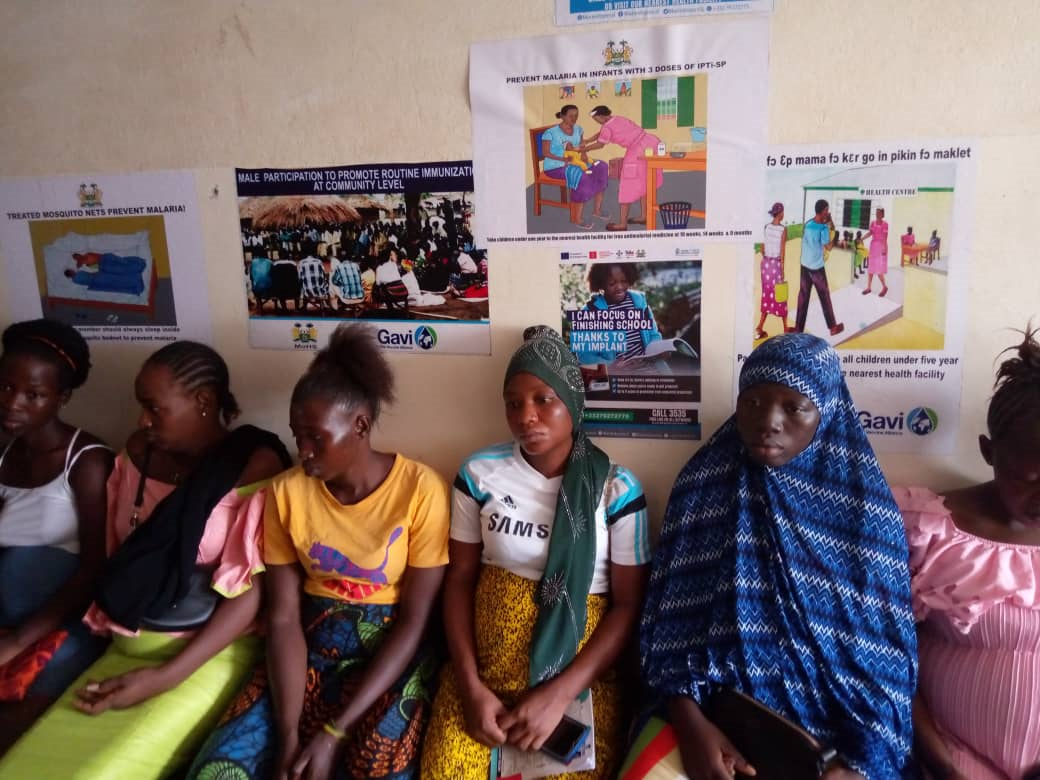Advocacy and Accountability Indicators Development Training Report

Introduction: This report summarizes the outcomes of a day-long virtual training on advocacy and accountability indicators development, targeting 20 participants (11-M, 9-F) from civil society and youth-led organizations. The training aimed to equip participants with the skills to understand and develop advocacy and accountability indicators for their projects. It is important to note that 50% of the participants had limited knowledge about advocacy and accountability indicators, and only 10% had heard of illustrative indicators.
Deliberations: The training began with a quick assessment to gauge participants’ understanding of the importance of measuring, evaluating, and reporting advocacy and accountability work. Participants shared their perspectives on the subject matter, both in-person and online. Next, the facilitator introduced the concept of measurement indicators, advocacy and accountability engagement theory of change spectrum. Participants were divided into three groups to discuss the challenges they faced with various indicators:
- Engagement
- Participants discussed the challenges in measuring the effectiveness of their engagement efforts, such as digital and social media outreach, earned media, coalition building, partnerships, grassroots mobilization, and recruiting new advocates and champions.
- They highlighted the need for clear metrics to track the reach and impact of their engagement activities, such as the number of list subscribers, new website visitors, media citations, coalition members, and new advocates recruited.
- Data
- Participants explored the challenges in collecting, analyzing, and using data to support their advocacy efforts.
- They discussed the importance of conducting issue and policy analysis, research, surveys, and studies to gather evidence and inform their advocacy messages.
- Participants also highlighted the need for skills in interpreting and presenting data effectively to policymakers and other stakeholders.
- Dialogue
- Participants discussed the challenges in engaging in meaningful dialogue with policymakers, the media, and other stakeholders.
- They explored the use of public service announcements, media coverage, briefings, presentations, lobbying, relationship building, and legal advocacy to influence decision-makers.
- Participants also highlighted the need for skills in effective communication, negotiation, and consensus-building to navigate the political landscape.
- Decision making and Investment
- Participants discussed the challenges in achieving policy and funding wins, which are the ultimate goals of their advocacy efforts.
- They explored the use of issue reframing, policy proposal development, and building political will to influence decision-making processes.
- Participants also discussed the importance of securing new and diversified funding sources to sustain their advocacy work.
Each group presented their findings, highlighting what they found comfortable and problematic with the indicators. The facilitator then provided additional insights and guidance on the indicators, emphasizing the importance of using illustrative indicators to measure advocacy and accountability efforts.
Takeaways:
- Understanding Measurement and Evaluation: Participants gained a deeper understanding of measurement and evaluation concepts, including the use of illustrative indicators.
- Indicators and Impact Measurement: Participants learned how to measure the impact of their engagements and project implementations using illustrative indicators.
- Theory of Change: Participants gained knowledge on the theory of change and its application in advocacy and accountability work.
- Data Indicators: Participants learned how to measure data indicators for their projects, using the illustrative indicators matrix as a guide.
Next Steps
- Practical Application: Participants were encouraged to apply the skills learned during the training, particularly in developing illustrative indicators for their advocacy and accountability efforts.
- Homework Assignment: Participants were given a homework assignment to identify objectives, outcomes, and illustrative indicators for their organization projects using a shared template.
Conclusion:
The training successfully equipped participants with the necessary skills to develop advocacy and accountability indicators for their projects, with a focus on using illustrative indicators. The participants left with a deeper understanding of the concepts and a clear plan to apply them in their work, particularly in measuring the impact of their advocacy and accountability efforts.


